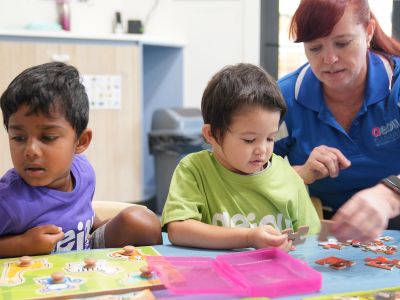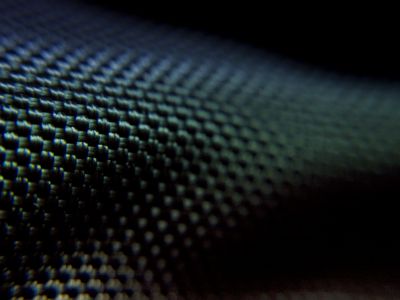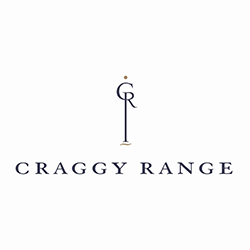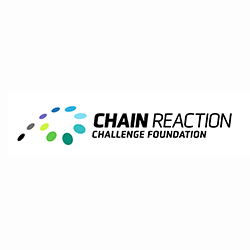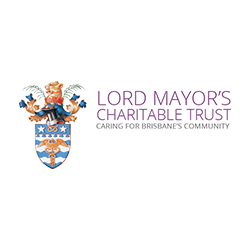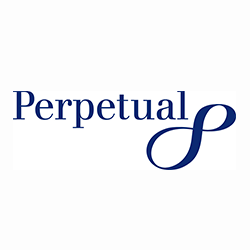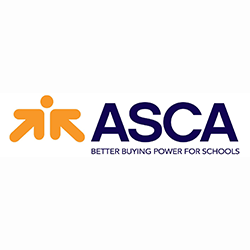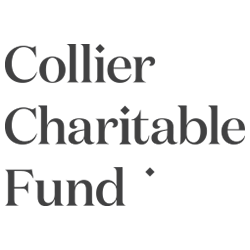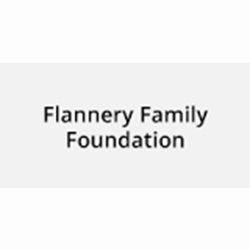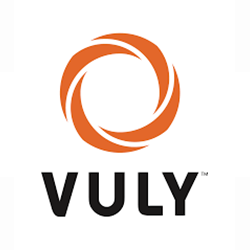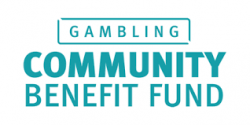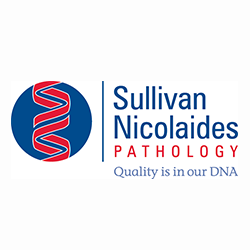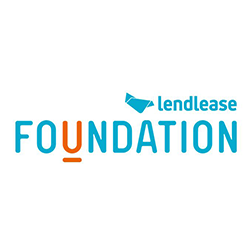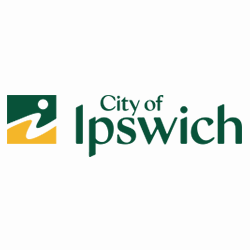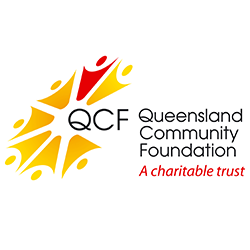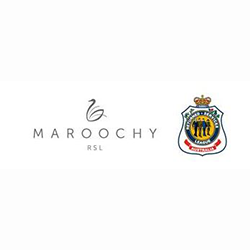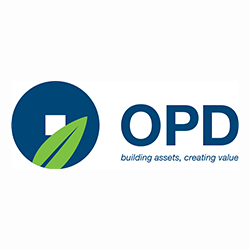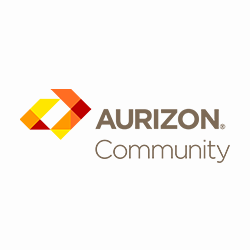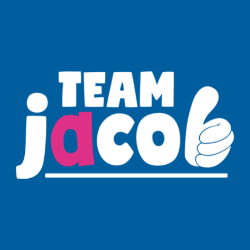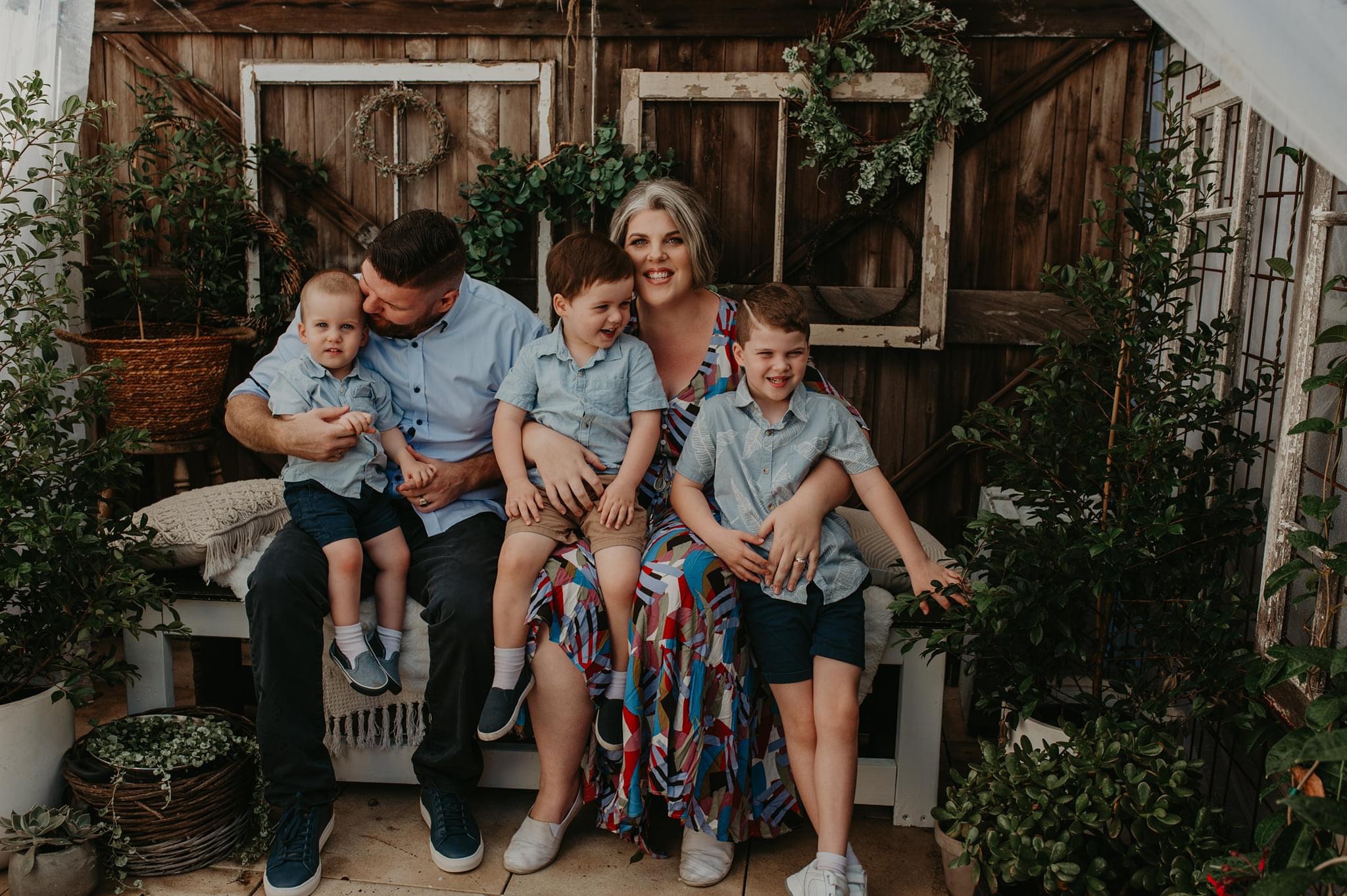
“We have three sons, Atticus, Amias, and Asaiah. All three have disabilities which are the same in name, but their needs and symptoms are different. It’s rare to have two kids with cerebral palsy, and it’s rare to have a genetic reason for their autism, and then throw in intellectual disability and you will find that on many days we are in survival mode.
When Atticus was 5, he was picked on at school and was seen as the ‘weird kid’. He didn’t have a diagnosis but certainly struggled at school. I have wondered if we missed the markers because we were preoccupied with the challenges we experienced with his younger brothers, who both have autism and cerebral palsy.
By the time we found AEIOU, we were at our worst. We were shocked to discover these resources existed in a small town, and it has been life-changing for us.
Amias couldn’t communicate or understand simple requests at that time. He didn’t know how to play and would just roll his car back and forth. He is hypersensitive and could not bear his legs to be touched. This was tricky because he wore braces on his legs for cerebral palsy and needed to have them adjusted every month. He would get so worked up at these specialist appointments, he would vomit and that would mean a long time calming him down. He couldn’t even walk past a building that looked like a doctor’s surgery.
At home, Amias couldn’t have a bath without being sick. I couldn’t cut his hair. He would bang his head against the wall repeatedly and hurt others. When Asaiah was a baby, every time he cried, Amias would experience serious meltdowns. So, I would take baby Asaiah with me when I showered or went to the toilet to ensure his safety.
Amias’s meltdowns affected the whole family. I became his therapist and educator because it was impossible for him to attend childcare.
For us, AEIOU has been a safe place for two of our children to learn and gain new skills, when nowhere else would or could. Amias has been with AEIOU for over two years now. He doesn’t try to hurt his brother, he can communicate basic needs and understand simple requests, he can withstand more textures and noises. By the middle of last year, he could see his orthotist quite happily, hop up onto the chair, and sit through his appointments.
AEIOU made more progress with Amias in one year than any of his therapists were able to accomplish in weekly sessions in the years prior. He loves routine and visuals; he has picture cards and an iPad to support his communication. It is a delight to watch both Amias and his brother run into their AEIOU centre every day, and to see that they’re sad to leave.
With AEIOU, I’m able to be a mother, and not a therapist. I can give Atticus the support he needs, too.
Last year, the NDIS proposed changes which could affect the way children with autism access supports, and I’ve been advocating for children with disabilities and the importance to have service providers who can support their needs.
Earlier this year, Anthony Albanese, now our Prime Minister, visited our family and sat at our table. Bill Shorten, now NDIS Minister, spoke with me on the phone, listening to what our life is like and the fear we had for the future of the NDIS. They gave us a lot of their time, even after the cameras stopped rolling.
We will continue to do everything we can to raise awareness and understanding, and hope our experiences and those of other families like ours can help inform access and funding decisions that affect us all.”
- Ashleigh Williams, Mother
*Ashleigh has also advocated for fenced playgrounds in Bundaberg and is working with Parks & Recreation at the Bundaberg Regional Council which is redesigning a major local playground. Ashleigh’s goal is to ensure the playground is accessible for children with all abilities.
Hear the story from Ashleigh directly in the below video testimonial series:

